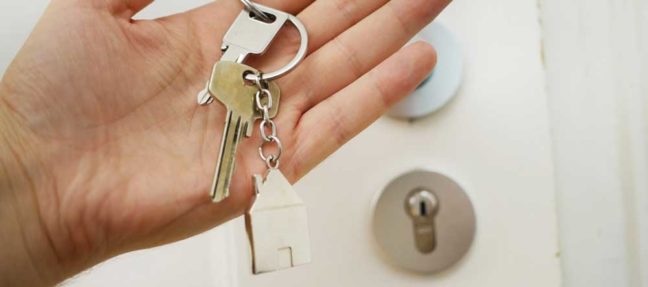A house can represent a lot of things to different people. For some, it may mean stability, while for others; it is a vital asset that helps provide consistency for your children during hard times. This is why many couples in a divorce do their best to keep their home after their marriage ends.
You may love your house due to its proximity to your relatives, your workplace, or kids’ schools. So, holding on to it during a divorce may be one of your primary goals. However, before you take any steps or make any resolutions regarding who gets the house in a divorce, it would be best that you ask yourself whether or not it is the best thing for you.
A knowledgeable divorce lawyer will make it clear to you that if you owned your property before you got married and your name is the only one on the deed, or you happened to receive it as part of your inheritance, keeping your home will be fairly easy. This is because it’s considered separate property, meaning that it belongs to you. However, a significant number of couples buy a home together when they get married and have both their names on the deed. In this instance, you will have to negotiate with your former partner to determine the best way forward and also look at matters related to splitting assets in a divorce.
Suppose you have primary custody of your kids, you can make a case to courts for you to remain in the home after a divorce since it will provide them with stability and allow them to continue to go to their respective schools.
That said, the following information details how you can keep your house in case of divorce through a buy-out process.

Understand How You Can Buy Out Your Ex-Spouse
Once you decide to keep the house in a divorce, you may find that your ex is not willing to pack their bags and sign the deed over to you. They will likely expect you to buy them out of their share of the house.
A buy-out typically works in various ways depending on your case and how well you and your partner can sit down together and negotiate asset division during the divorce process. Nonetheless, whether it is by agreement or through a ruling of the courts, a buy-out and its conditions will be included in your divorce settlement.
Establish The Value Of The House
Before you make any moves, like buying out your ex, you will have to determine the market value of your home to determine how much you will need to pay your spouse. This could be as simple as looking up its value on a real estate website or seeking advice from an experienced realtor to get an accurate price tag.
If you and your spouse cannot agree on a price, you will have to present the matter to court and leave the decision up to the judge. Certain states allow you to subtract a portion or all of the broker’s fee from the purchase price since you will have to pay their commission and consultation fee.
Another element you will have to consider is the current state of your house. For instance, is your roof in desperate need of repairs? Do your appliances need to be replaced? Or does the swimming pool need to be refitted? The thing is that if it needs any serious upkeep or repairs, you should try to negotiate for a lower buy-out price with your spouse. You can also get price quotes for new appliances and repairs and see how much you can subtract from the selling price.
Exchange For Spousal Support
Coming up with the funds to buy out your ex’s share of the house may sometimes prove to be difficult. Therefore, if you find yourself having trouble raising the money but are still entitled to spousal support, you have the option of exchanging future spousal support payments for a reduced buy-out price. This, however, will require your ex’s consent.
Final Thoughts
It is important to remember that deciding whether or not to keep the house during a divorce should not be purely an emotional decision. You have to ensure that you can afford to keep the property. Some couples opt to sell and split the funds evenly and proceed separately. Others choose to defer the sale of the property until a later date, particularly when there are kids involved. The thing is to keep your eyes on the prize and consult a legal professional to avoid any serious miscalculations.



